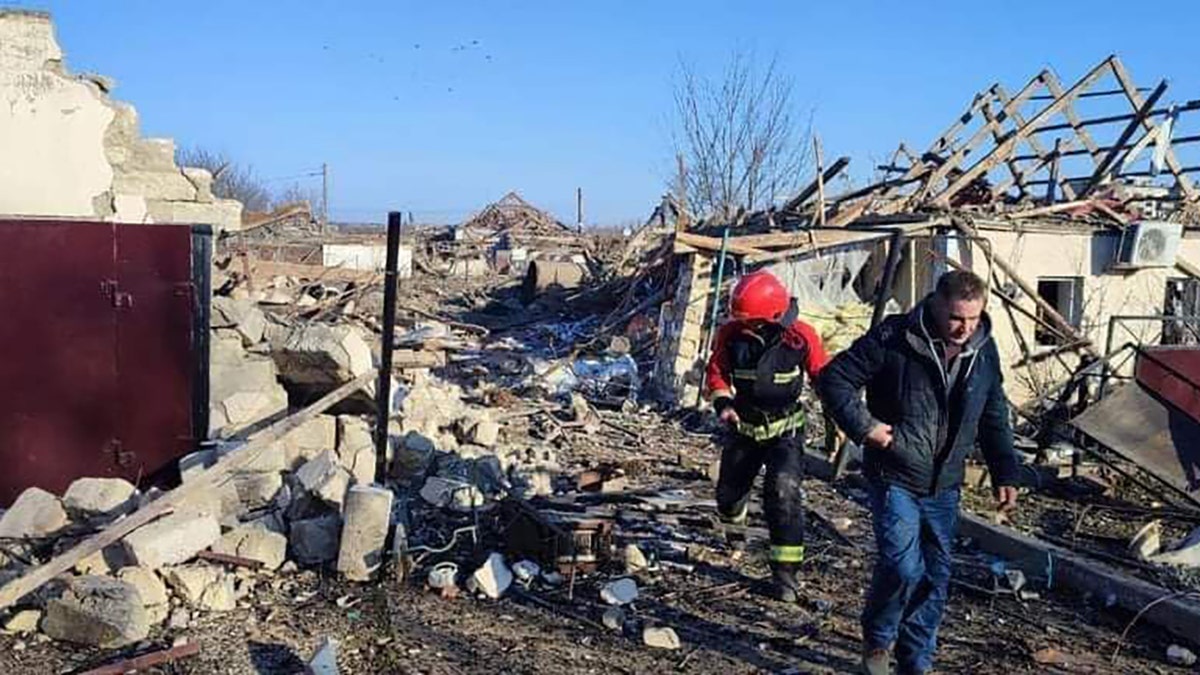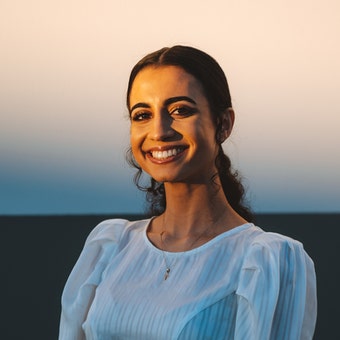Senate paves way for $95B foreign aid package
Fox News senior congressional correspondent Chad Pergram has the latest on the $95B foreign aid measure on 'The Big Weekend Show.'
The Senate is on track to pass the $95 billion national security supplemental package to assist Ukraine, Israel and the Indo-Pacific after the upper chamber passed several major procedural votes on Monday night.
The supplemental package does not include any border provisions and several Republicans spent days — since Saturday — collectively filibustering the package on the Senate floor, which continued into Tuesday morning. The bill passed its final hurdle Monday night and the final vote could come anytime Tuesday, but no later than Wednesday, depending on how long Republicans can delay the vote.
The bill still has no time agreement, meaning a formal agreement between Sen. Majority Leader Chuck Schumer, D-N.Y., and Sen. Minority Leader Mitch McConnell, R-Ky., regarding the time allocated for debating the legislation or its amendments. Both leaders have been urging their party members to pass the package.

Schumer and McConnell (Getty Images)
Sen. Mike Lee, who spent four hours lambasting the bill on the floor on Saturday and continued his speeches overnight Monday, urged senators to reconsider voting for its passage.
"We cannot send billions of dollars to Ukraine while America’s own borders are bleeding," Lee said on Saturday. "This betrayal is all the more loathsome as it occurs at a time when the eyes of a nation are turned to sport, family and fun."
By Monday, GOP senators were hoping for a breakthrough to get their amendments heard. Several amendments filed included hardline border security-related provisions.

Senate Minority Leader Mitch McConnell, left, and Sen. Rand Paul, right. (Associated Press)
Sen. Susan Collins, R-Me., vice chair of the appropriations committee, said on Monday morning that "leadership on both sides of the aisle as well as the bill managers on both sides of the aisle have been working diligently night and day to try to get agreement to take consider debate and have votes on a series of amendments offered by senators on both sides of the aisle."
"Obviously, in order for that to occur, we would need the cooperation of all members and we would need to have time agreements because the number of amendments is considerable," she said.
Sen. Rand Paul, R-Ky., a hawkish figure against continued aid to Ukraine, also spent significant time on the floor Monday prior to the vote.
SENATE REPUBLICANS PREPARE FOR LONG HAUL IN FIGHT OVER UKRAINE, ISRAEL AID

U.S. President Joe Biden and Ukraine's President Volodymyr Zelenskyy visit Saint Michael’s cathedral, amid Russia's attack on Ukraine, in Kyiv, Ukraine February 20, 2023. (REUTERS/Gleb Garanich)
"Senate Republican leadership, including the senators who voted to get on this bill, assured us it would be an open amendment process," Paul told Fox News Digital on Monday. "Mike Lee spent four hours trying to bring down amendments and the Democrats allowed zero of them. So yeah, I do believe that the Democrats have not been honest or forthright about allowing amendments."
On Sunday, Schumer said on the floor that there would be a "fair and reasonable amendment votes" on the floor "if there's any possibility of speeding this process up."
However, Republicans who are against passing the aid bill don't want the process to be sped up and argue they should be allowed to offer amendments even if they don't support the overall bill.
"And members on their side have actually said since we're not for the overall bill, we shouldn't even have the right to have amendments," Paul said Monday night. "So no, it's a terrible process and we're going to continue to fight them on this and talking filibusters are ongoing as we speak, and the talking filibuster will be going on as long as we have speakers into the night."
SENATE TANKS IMMIGRATION, FOREIGN AID SPENDING PACKAGE AFTER GOP BACKLASH AGAINST BORDER PROVISIONS

A view of destruction after Russian airstrikes hit civil settlements in Mykolaiv, Ukraine on March 13, 2022. (Photo by State Emergency Service of Ukraine/Handout/Anadolu Agency via Getty Images)
Sen. Tommy Tuberville, R-Ala., another dissenting vote for the foreign aid-only package, also told Fox News Digital on Monday night that "they don't want amendments because they'd be bad votes for some of the senators and the Democratic side of their elections coming up." He explained the party is split on the issue of more aid to Ukraine.
The former football coach also offered an amendment to the package he said, which would "pretty much close the border down" and "doing the things at the border that we already have laws for."
Sen. Ted Cruz, R-Texas, also introduced an amendment identical to the House's immigration bill, H.R.2, which would restore most Trump-era restrictions, hire additional border patrol officers and tighten asylum screenings.
Republican Sens. Roger Marshall, JD Vance, and Josh Hawley were just a few other senators who spoke in opposition to the bill on Monday, continuing the filibuster. Meanwhile, GOP Sens. Mitt Romney and Thom Tillis were just a few who urged their colleagues to "delay" no further and pass the package.
The package includes $60 billion for Ukraine, $14 billion for Israel, $9 billion in humanitarian assistance for Gaza and nearly $5 billion for the Indo-Pacific, including Taiwan. Democrats brought the package up for a vote after Republicans had blocked the $118 billion package that also included numerous border and immigration provisions last Wednesday.
Republicans had previously said they would not approve funding for Ukraine unless the overwhelmed southern border was secured first. The GOP-led House said in a statement Monday they would not pass the Senate's foreign aid bill without border security provisions, and instead, would work on their own bill.
"House Republicans were crystal clear from the very beginning of discussions that any so-called national security supplemental legislation must recognize that national security begins at our own border," Johnson said in a statement Monday evening, in part. "The mandate of national security supplemental legislation was to secure America’s own border before sending additional foreign aid around the world. It is what the American people demand and deserve. Now, in the absence of having received any single border policy change from the Senate, the House will have to continue to work its own will on these important matters. America deserves better than the Senate’s status quo."















































